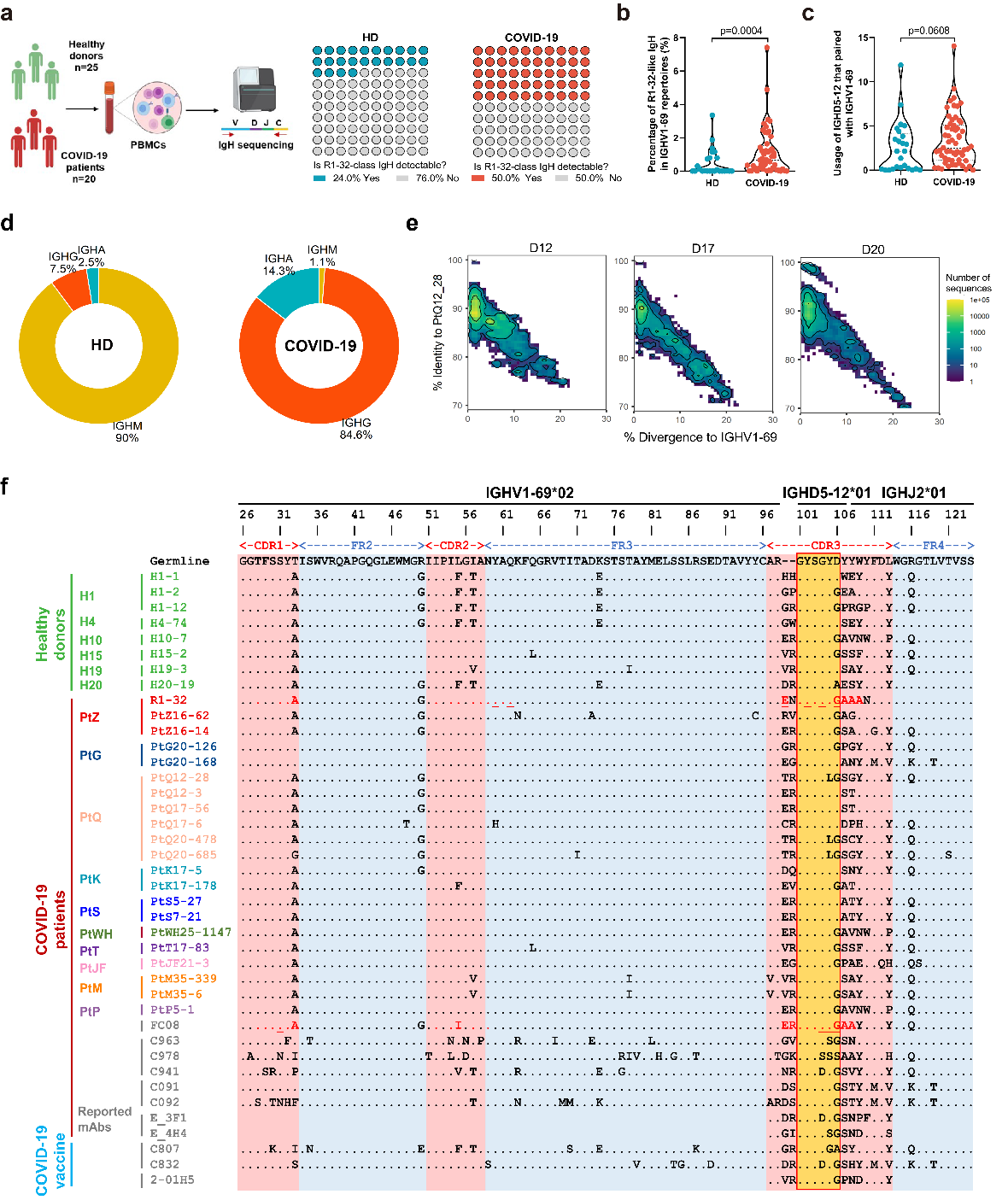The SKLRD has made progress in the research on novel Coronavirus neutralizing antibodies and escape from herd immunity
2022-11-121154Recently, the SKLRD, Guangzhou Medical University, Guangzhou Institutes of Biomedicine and Health of Chinese Academy of Sciences, and Guangzhou Laboratory co-published a paper entitled “SARS-CoV-2 Delta and Omicron variants evade population antibody response by mutations in a single spike epitope” in the journal Nature Microbiology.
SARS-CoV-2 has been spreading worldwide since the end of 2019, seriously affecting human health and social economy. Under the pressure of herd immunity developed from natural infection and vaccination, SARS-CoV-2 has constantly mutated to escape the neutralization of antibodies. The constant emergence of mutant strains has posed great challenges to the effectiveness of vaccines and antibody drugs. Therefore, clarifying the mechanism how mutant strains escape from antibodies is of great significance to the design and development of the next generation of vaccines and antibody drugs.
This study found that a human neutralizing antibody, R1-32, targeting a RBD semi-concealed epitope with high affinity, prevents the virus from invading cells mainly by opening and disrupting the spike protein so that it cannot mediate membrane fusion. Mice experiment showed that R1-32 has good protection against the infection of novel Coronavirus prime strain. As revealed by the antibody library analysis, R1-32-like antibodies encoded by IGHV1-69 were widely induced in the Covid-infected population. This was another class of novel Coronavirus-specific population’s common antibody line encoded by IGHV1-69, following the earlier discovery of the novel Coronavirus-specific population’s common antibody lines IGHV3-53 and IGHV1-58. The team discovered through cryoelectron microscopy analysis that R1-32 mainly utilizes the hydrophobic force formed by the germline hydrophobic residues such as I52, I54, L55, and I57 encoded by HCDR2 and the hydrophobic residues on the spike protein L452, F490, and L492 were important for antibody recognition antigen, and further experiments proved that R1-32 antibodies can be escaped from by important variants of L452R such as Delta, Omicron BA.2, and BA.4/5.
Given that R1-32 uses the germline residues encoded by IGHV1-69 to identify the RBD and the key recognition sites are mutation hotspots, the research team used high-throughput antibody library sequencing technology to analyze the distribution of R1-32 antibodies in the population (Figure 1). The results revealed that these antibodies were widely induced in both novel Coronavirus infected population and vaccinated population, suggesting that the R1-32-like antibody encoded by IGHV1-69 is an important part of antibody herd immunity, and is likely to be the main immunity pressure for the mutation of spike proteins 452 and 490. This study identified a class of novel Coronavirus protein population-specific antibody line encoded by IGHV1-69, revealed the unique epitope characteristics and neutralization mechanism of the typical antibody R1-32, and explained its immune selection pressure on the mutant strains, which is of great significance for the design and evaluation of the next generation of COVID-19 vaccines and antibody drugs.

Figure 1: Analysis of the distribution of R1-32-like antibodies in the population
Original paper:https://www.nature.com/articles/s41564-022-01235-4
















